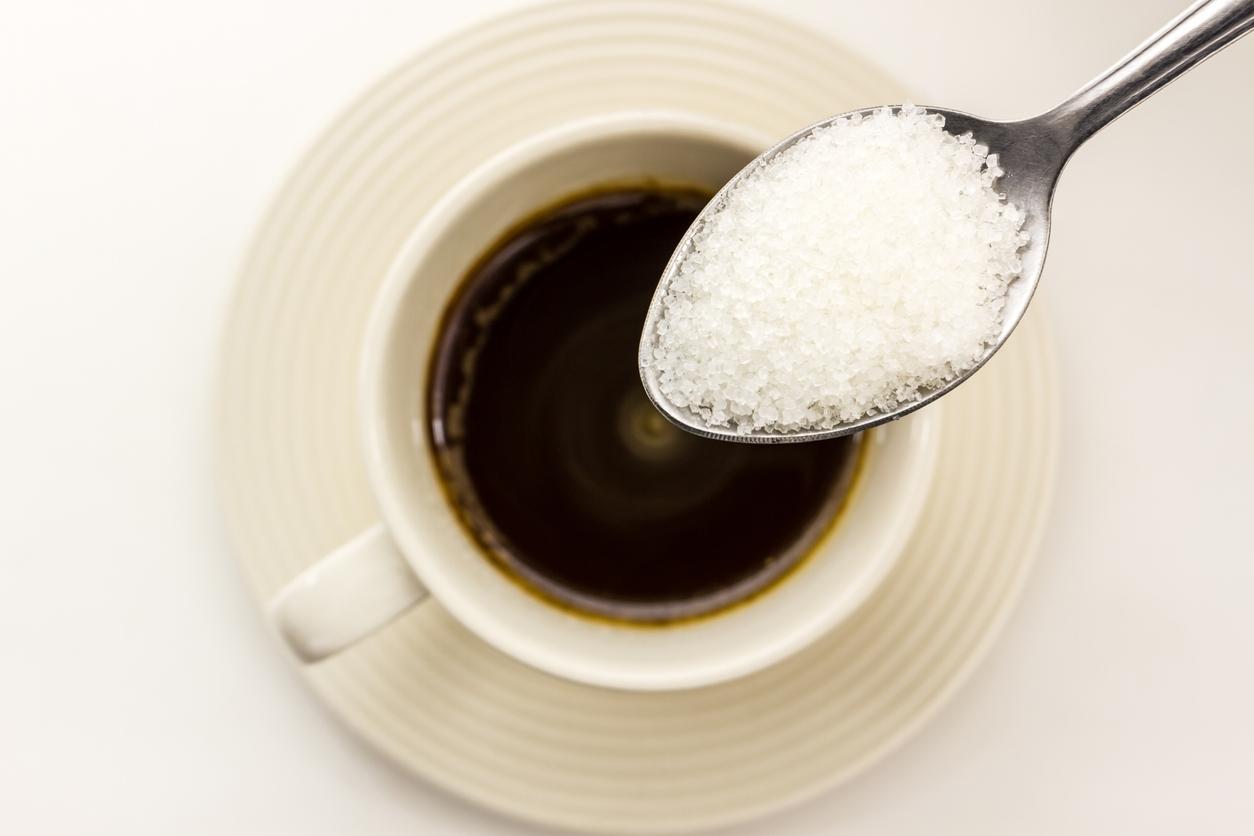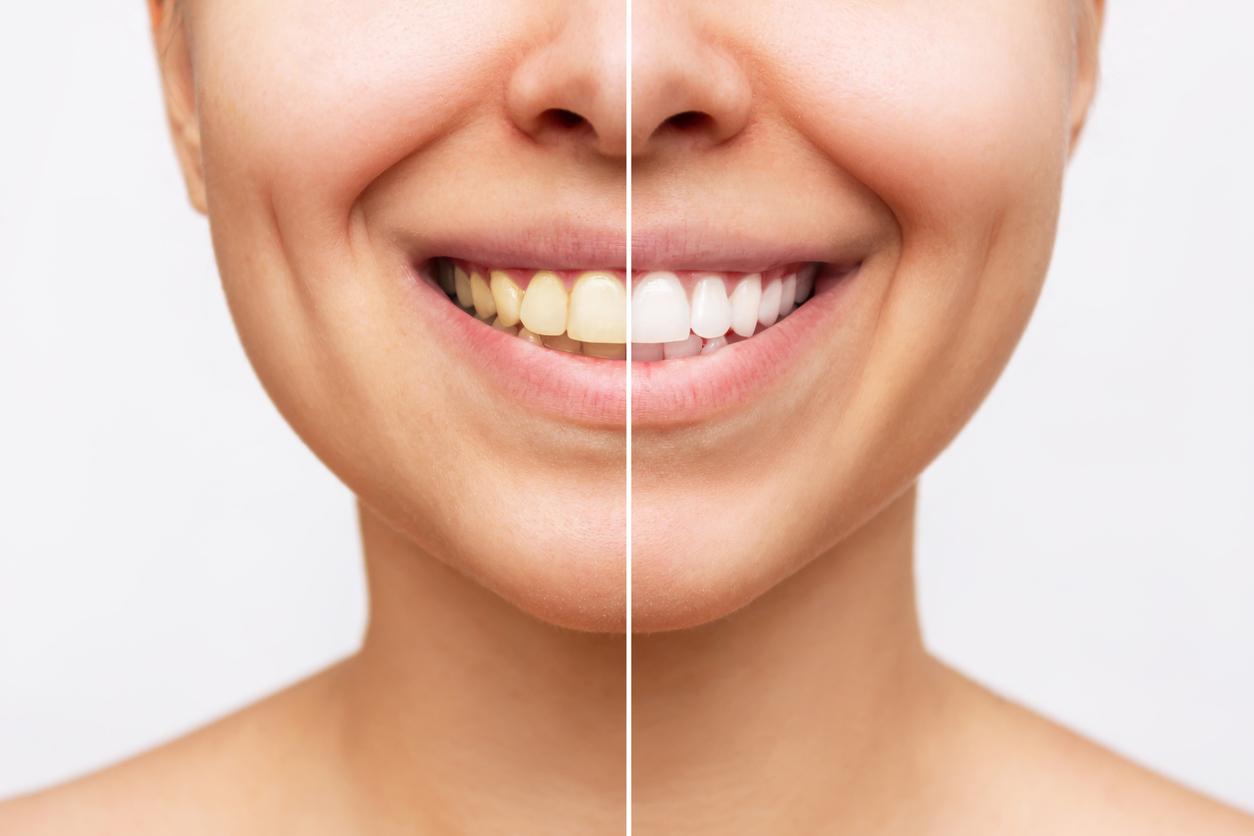
All about dietary supplements
Vitamins, minerals, trace elements, proteins… it seems that even an average athlete cannot do without nutritional supplements. Do they really help? Is the stuff clean? And what are the side effects?
Some supplements recommended for athletes contain a harmless stimulant: coffee plant extracts and then some vitamins and micronutrients. For example, the website of the Concap brand, which markets the sports supplement Concap Sport, states: ‘By following a special procedure, a product has been developed with all the good properties of coffee but without the negative side effects’. Spontaneously we think of caffeine. The positive effect on sports performance has long since been proven, so nothing new under the sun.
But apparently we’re wrong. Because the website also states: ‘Concap is a unique product, no other supplement is comparable!’ The supplement is said to contain only 1.2 percent caffeine, which would be “of a completely different level” than chemical (?) caffeine or the caffeine from coffee. It is completely unclear what this means, nor is there any evidence to support this claim. There is apparently more than caffeine to increase sports performance.
Mustard extra forte
The composition of Concap Sport also mentions maca, a plant from the Andes that the Incas would have used as a stimulant. The ‘probably responsible substances’, it says literally on the site, would be isothiocyanates and glucosinolates. These groups of substances are found in many plants, especially in cabbages such as Brussels sprouts, cauliflower and broccoli, and in plants with a typical mustard flavor, such as watercress, radishes and horseradish. The substances in maca are also called adaptogen. That sounds strong, because it would keep the body in balance, support the immune system, speed up recovery in case of (over) fatigue, the endurance promote and energize. A stimulant from the Andes? It’s just what you believe.
Protein with a grain of salt
The Biover brand appears more credible on its website, although that does not mean that what is offered adds much to the health or sports performance of those who live a healthy life. Biover recommends six sports products. Let’s look at two as an example.
The mysterious abbreviation BCAA stands for ‘branched-chain amino acids’. This refers to a group of three building blocks: leucine, isoleucine and valine. Together they account for about 35 percent of the protein in muscle fibers. But it doesn’t mean we have to get a lot of it every day. We lose only a little of it and a healthy, balanced diet (a minimum requirement for every athlete) covers the need well. The BCAAs are touted because proteins can provide energy during exercise. It is, but only if the sugar supply is compromised. And anyone who sports knows that you have to ensure the supply of sugars during prolonged efforts. In general, proteins hardly contribute anything to the energy supply during efforts. There are indications that BCAAs can improve sports performance and combat fatigue, but the evidence cannot be called strong.
So into the sewer…
Creatine, the second example, is an important intermediate for the energy supply of muscles. But it’s only useful for explosive efforts that last ten to thirty seconds and follow each other at short intervals, such as lifting weights or sprinting. However, it does nothing for endurance and also, for example, a sprint at the end of a cycling race does not provide anything.
Creatine also does not contribute significantly to a faster recovery of the muscles after exercise. It ensures a rapid increase in muscle mass in the short term, says the advertising talk. That’s true, but probably only due to an increase in fluid in the muscle cells. And that is of no use to you as an athlete. There is an increase in strength, but creatine is probably more interesting for the elderly who suffer from muscle loss and fatigue than for athletes.
It is often claimed that creatine is dangerous for the kidneys, but that only applies to people with kidney disease. Anyone considering the use of creatine is therefore well advised to have the kidney function checked beforehand. Especially athletes, because they tend to take too much creatine. That builds up in the muscle fibers until they are saturated. The rest stays in the blood circulate until the kidneys filter it out and the creatine is passed out. Nearly 3,000 tons of creatine are sold worldwide every year, and most of it probably ends up in the sewer… as expensive urine.
impure coffee
What applies to the BCAAs ultimately applies to many sports supplements: they sometimes work, but not spectacularly. The big question is whether you need these expensive supplements as an ordinary athlete, because the food usually contains all the necessary elements, at a much lower price. Some supplements also have quite a few side effects, such as intestinal complaints or disturbances in the feeling, if you use the somewhat higher dose that is necessary for effect.
It seems that the PR talks often promise more than they deliver. Biover rightly notes: ‘However, many sports supplements are impure, which can be harmful to health’. In the press release, Biover states that ‘the purity of the products is guaranteed by the British laboratory HFL Sport Science, which additionally tests for so-called forbidden substances’. HFL Sport Science seems to be a reliable company. But you won’t find anything about it on the Biover website. No reference, no document to substantiate the checks. So you can only go by their word. The same goes for Concap and so many other manufacturers who sell supplements with the promise of purity. Unfortunately, too many athletes have already encountered the (doping) lamp due to contaminated supplements.
Sources):
- Plus Magazine
















